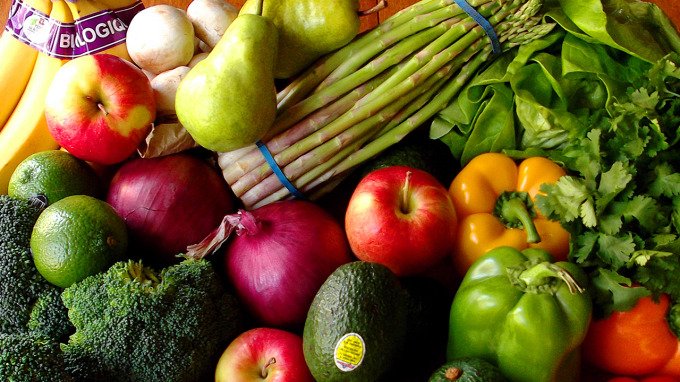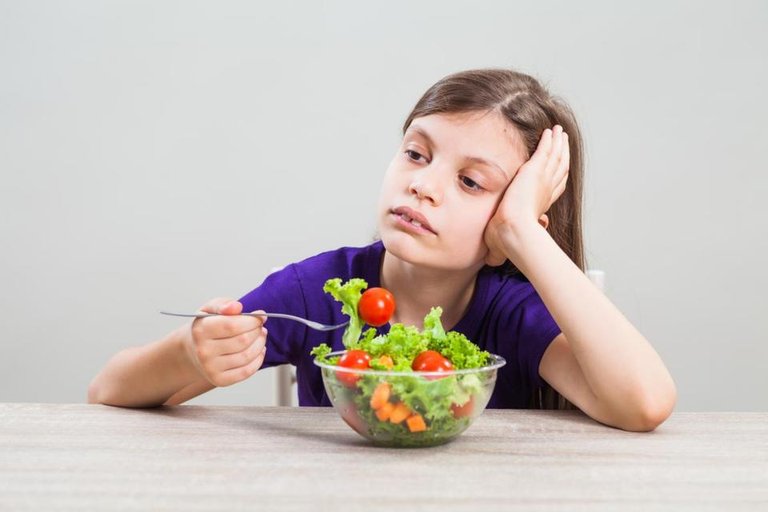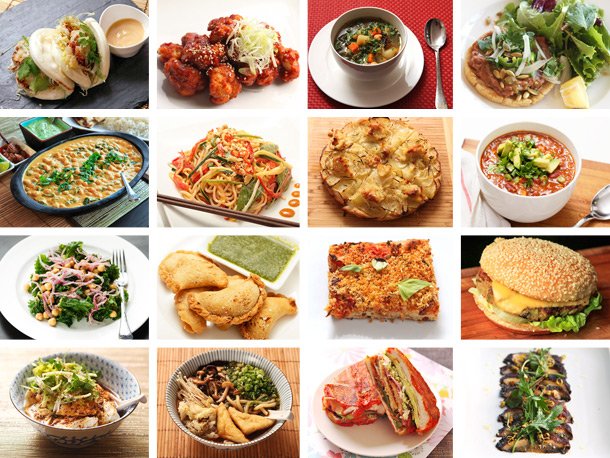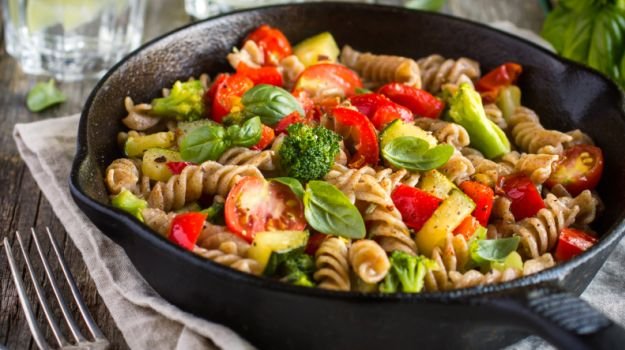What I learned about vegetarianism

My younger cousin decided to be a vegetarian. her motive: lead a healthier life.

At that time I asked myself, like many other members of my family, whether this meant she was only going to eat lettuce from that point on. However, what happened in the weeks following her decision, opened my eyes to a healthy and diverse world and, by the way, brought down several myths of vegetarianism that I had in my imagination.
At first it was difficult ... not for my cousin, but for me and my family. Was vegetarianism something of the young people of today? Would it be temporary? Could we eat meat next to her or would it not be appropriate?
Over time, and thanks to the help of my cousin, I understood that being a vegetarian is a choice of life, a personal decision that really is simple to fulfill with will, responsibility, conscience and professional accompaniment. I will share with you some myths and realities of vegetarianism that can be very useful to you if you have thought to change your way of eating.
Myth: vegetarian food is always the same
Reality: vegetarians can enjoy too much food. Cereals, fruits, vegetables, seeds, legumes and dairy products (unless the diet is vegan) are part of the menu. For hamburger meat my cousin found a substitute in the lentils, black beans and portobellos plus beer. He also replaced the meat pie with a spinach and ricotta. In the end, he showed me that in vegetarian cooking there is no limit.

Myth: a meatless meal is not food
Reality: around the meat turn in perfect harmony the other elements: rice, potato, banana and vegetables. My cousin denied my belief that in the culinary universe the meat is everything. Protein is also found in legumes, nuts, egg or soy-based products such as tofu. In fact, a serving of three to five ounces of tofu can replace a piece of meat.

Myth: if you do not eat meat, you turn yellow
Reality: this is a common concern. However, being vegetarian does not mean being anemic. As my cousin showed, this myth arises because many people abruptly change their eating habits without being informed, which causes them to become ill. If from the beginning you seek the help of a nutritionist or medical professional, there will be no problems.

Myth: "And now, where are we going to go out to eat? It's not easy to get vegetarian food!"
Reality: It is a myth to think that it will be harder to find a restaurant to enjoy a good meal. Currently vegetarian establishments abound, and those that are not, usually include in their menu several green options like salads, shakes and soups.

There are many alternatives available to those interested in changing their diet. The fundamental thing is to leave behind the myths, to think in realities and to advise oneself. In order to really understand what this philosophy of life is all about and to be able to implement it without any difficulty.

I've been vegetarian for around 7 years and I love it! Thanks for opening your mind to your cousin's choice. The hardest part is traveling to places where vegetarianism isn't as common, which is why I sometimes eat meat in home-cooked or cultural dishes.
I am happy... Had the "vegetarian" label for almost ten years...
But as a breastfeeding mom of a 3.5 month old baby I have eaten chicken sometimes (free range only)... And inlcuded fish two years ago...
So, yes, vegetarianism is great, but conscious eating is even better!
yeah I think so,to be vegetarian is hard because the community judge you but never give up haha
that makes it fairly impossible to eat at family gatherings or at restaurants (we do neither, unless we bring our own awesome food). Congrats to your cousin for taking the first step towards healthier eating!Hi there, @juanrosellares, and thank you for the topic! We are whole food plant based, which is vegan minus the added oils, sweeteners, and salt. Now
This is awesome post thank you for posting this looks very interesting and this is incredibleI upvoted you .
Upvote and follow @jack123